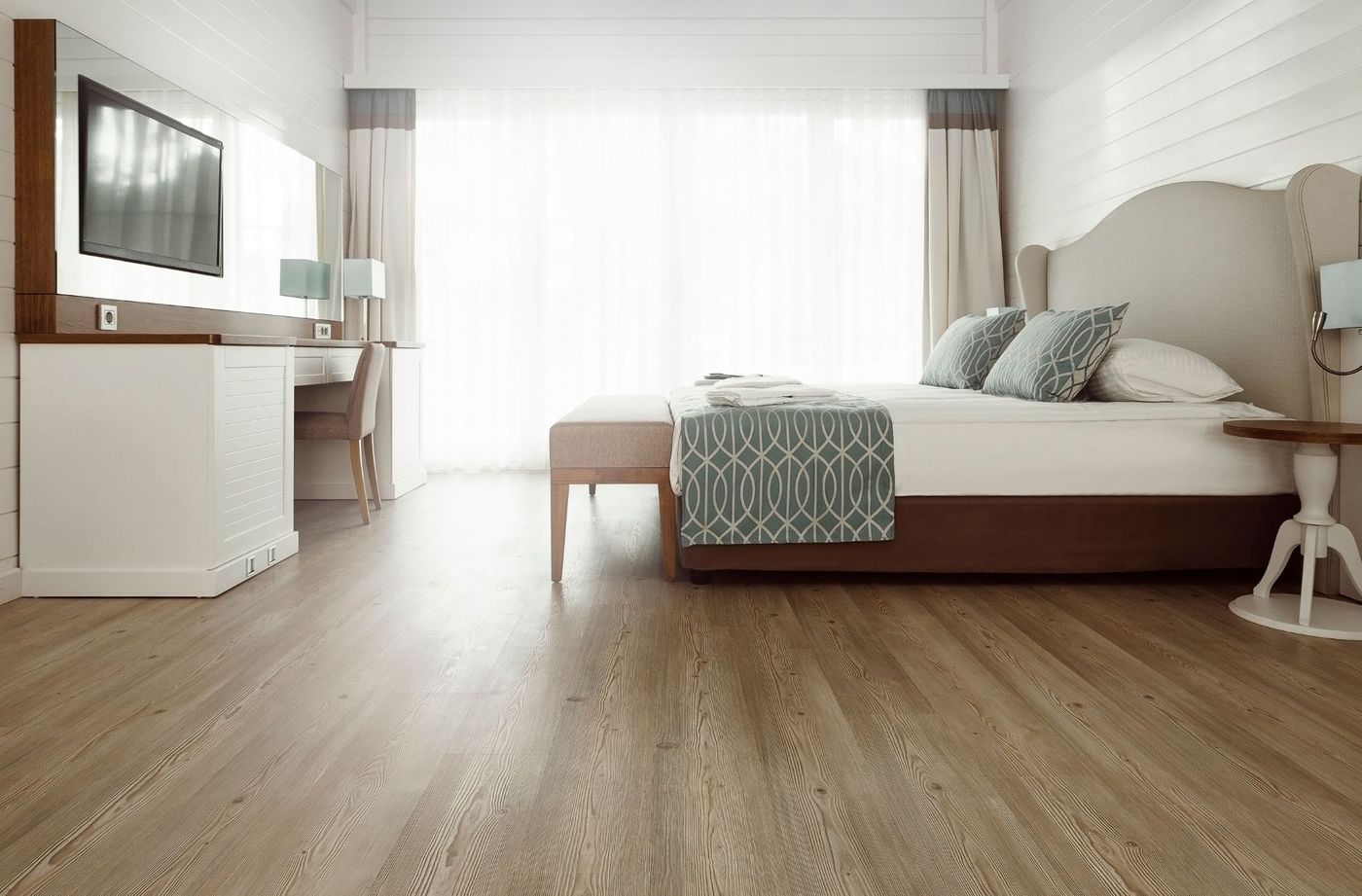When considering wood flooring for your home or business, engineered hardwood surfaces as an excellent choice that combines the natural beauty of solid hardwood with improved durability and versatility. Engineered hardwood flooring has gained significant popularity in recent years, offering a valuable alternative to traditional solid hardwood for design-conscious homeowners and businesses. At Lemus Floors, a family-owned and operated flooring business in Sioux City, IA, we pride ourselves on our in-depth knowledge of engineered hardwood flooring solutions. We offer exceptional installation, repair, and maintenance services to help our clients make the best of this stylish and practical flooring option.
In this comprehensive blog article, we will explore the distinctive world of engineered hardwood flooring. Our goal is to provide you with valuable insights into its unique benefits and the diverse styles available. Additionally, we will share essential care and maintenance tips to keep your floors looking beautiful for years to come. Engaging in this world of engineered hardwood flooring opens up countless design possibilities for your home or commercial space, ensuring a timeless and sophisticated look while maintaining an enduring performance.
We are committed to providing unparalleled customer service, expert guidance, and top-quality workmanship in all our engineered hardwood flooring services. Trust our knowledgeable team to help you navigate the process of selecting, installing, and maintaining engineered hardwood floors, creating an inviting and vibrant living or working environment tailored to your unique needs and preferences.

